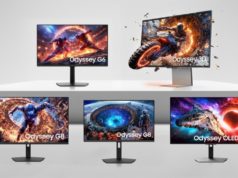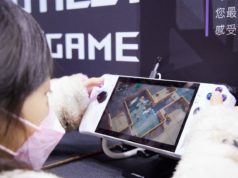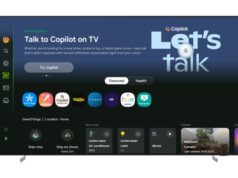Now more than ever, PC gamers value top-quality displays that add clear, responsive visuals to their gaming experience. Samsung’s new CFG70 curved gaming monitor has proven a hit with hardcore gamers because of its ability to deliver a curved display, rapid response time and vibrant Quantum dot color. Samsung Newsroom interviewed the four developers behind the new display, who discussed its design and innovative features in depth.
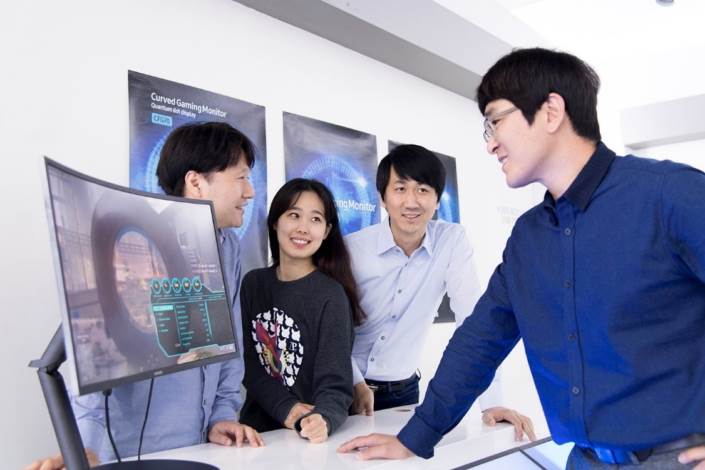
Q: Tell us a bit about the CFG70’s response time and the value it brings to the gaming experience.
Hee Bok Song: A gaming monitor’s basic job is to provide smooth graphics without afterimages. We used to measure display response time in terms of panel response, but nowadays we use MPRT (Moving Picture Response Time). The CFG70’s MPRT is one millisecond, which is the fastest in its category. Although there are other monitors that feature a 1ms response time, what makes the CFG70 special is that it is the first to feature a curved display.
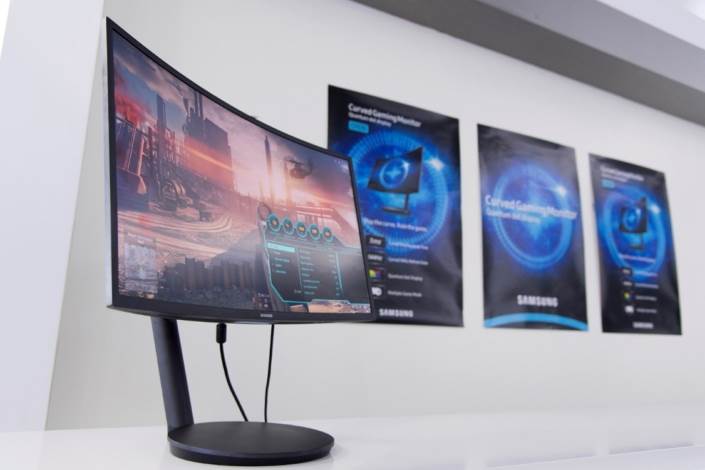
To foster an ideal gaming experience, we incorporated a 144Hz refresh rate and AMD FreeSync technology. Modern gaming PCs boast high frame rates, and sometimes monitors with lower refresh rates cannot display their graphics properly. However, with FreeSync and a 144Hz refresh rate, the CFG70 provides gamers with smooth, uninterrupted visuals.
Q: What differentiates the CFG70 from other monitors in terms of picture quality?
Jung Woo Hong: The CFG70 is the first monitor equipped with Quantum dot technology. The biggest difference between this and monitors without Quantum dots is in the range of hues that can be reproduced, which indicates how well a particular display can create lifelike, original color.
Common monitors are capable of implementing 72 percent of the PC-standard ‘sRGB’ wide color gamut, and monitors made for professionals measure between 98 and 119 percent. The CFG70, however, can realize 125 percent of this range. Achieving an even and clear high-definition picture on a curved monitor was no easy feat, but we researched relentlessly in order to pull it off.
Q: What were some of your key focuses when designing the monitor’s UX?
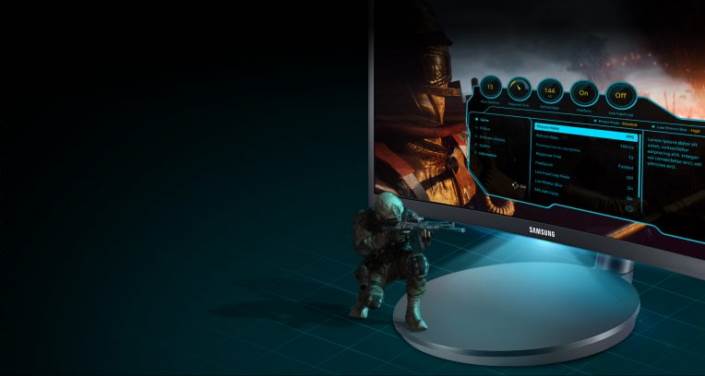
Sung Duk Cho: Different games require different capabilities in a display. For example, First-Person Shooters (FPS) require smooth visuals for dynamic scene changes and Multiplayer Online Battle Arena games (MOBAs) require clearly discernible colors so players can easily recognize their character’s location. Therefore, when we designed the CFG70’s UX, we wanted it to be able to complement a range of different games.
In order to implement the new UX, we installed a high-level graphic engine into the monitor itself. The CFG70’s default game settings were also carefully configured with the input of the Samsung Galaxy pro gaming team as well as other gamers who tested out the monitor firsthand. The result is a highly versatile UX that satisfies both hardcore and typical gamers alike.
The monitor also features ‘Arena Lighting’, which responds to in-game sound effects to bring lifelike lighting to users’ video-game experience. So in a FPS, for example, when a player fires a gun, the lighting responds accordingly. Each spark and blast bathes the player in light, drawing them deeper into the action by creating a more immersive gaming experience.
Q: What was the impetus behind the monitor’s dual-hinge design?
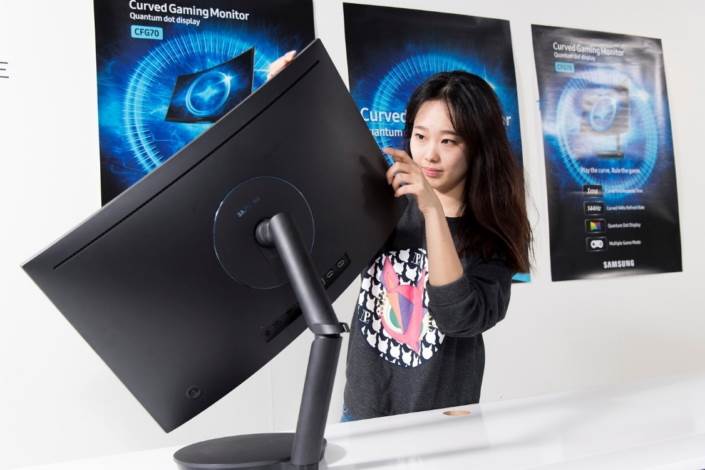
Yoon Ah Kim: Rapid response time and high-definition visuals are of no use if users cannot comfortably concentrate on their screen. Our research indicates that many gamers find it uncomfortable when their monitor’s position is even slightly off. In fact, many hardcore gamers are sensitive to differences in screen position as small as a half an inch or less.
The engineering process was not easy, but with user convenience as our top priority we managed to achieve a design for the CFG70’s stand that features easily adjustable double joints. Resembling a robot arm, the stand allows users to comfortably adjust their monitor’s position to their preference.

